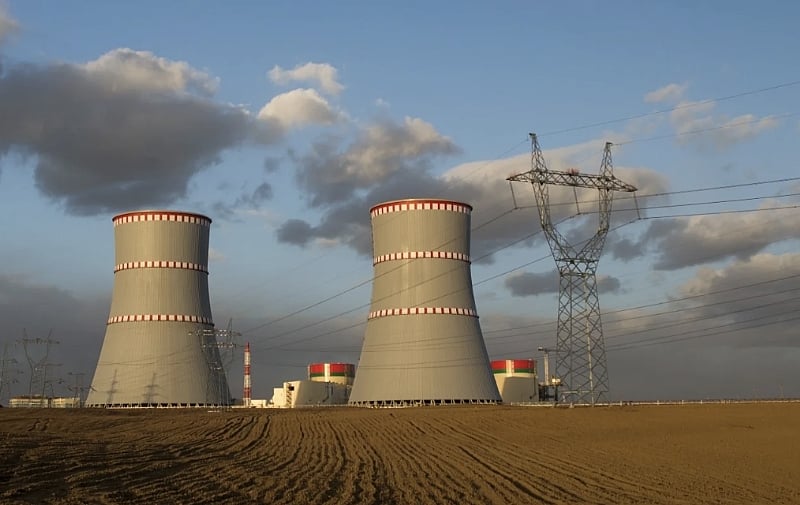Ghana is embarking on a significant journey towards energy independence and economic development by venturing into nuclear power. The nation has meticulously selected two vendors, representing both established nuclear power giants and innovative new technologies, to construct its first nuclear power plants. The United States, represented by NuScale Power and Regnum Technology Group in collaboration with Japanese firms, will be responsible for building Small Modular Reactors (SMRs). Concurrently, China National Nuclear Corporation will construct a Large Reactor (LR). This dual-vendor approach allows Ghana to explore the advantages of both technologies, diversifying its nuclear power portfolio and gaining valuable experience from different industry leaders.
The planned LR, a traditional large-scale reactor, is designed to generate a substantial 1,200 megawatts of electricity. This significant power boost will contribute considerably to Ghana’s national grid, supporting industrial growth and providing a stable energy source for future development. The SMRs, on the other hand, represent a cutting-edge approach to nuclear power. Twelve individual modules, each generating 77 megawatts, will combine to produce a total output of 924 megawatts. This modular design offers advantages in terms of scalability, construction flexibility, and potential for deployment in various locations. The combined output of both the LR and SMRs will significantly enhance Ghana’s energy capacity, paving the way for industrial expansion and improved access to electricity.
Distinct financial models have been chosen for each project. The LR will follow a Build, Operate, and Transfer (BOT) model, allowing for local equity participation. This model facilitates technology transfer and empowers local stakeholders while mitigating financial burdens on the government. The SMR project, on the other hand, will utilize Public-Private Partnerships (PPP), leveraging private sector investment and expertise alongside government support. These diverse financing strategies demonstrate Ghana’s commitment to exploring various avenues for funding and maximizing the benefits of international collaboration.
While the vendor selection marks a crucial milestone, significant groundwork remains. Framework agreements have been signed with both vendors, and teams of experts are currently engaged in collecting critical environmental and oceanic data to determine the most suitable locations for the power plants. This meticulous site selection process underscores Ghana’s commitment to safety and environmental responsibility in its pursuit of nuclear energy. The data collected will inform decisions regarding the optimal placement of the plants, minimizing potential environmental impact and ensuring the long-term sustainability of the projects.
The impetus behind Ghana’s nuclear ambitions lies in the pressing need for stable and affordable electricity to fuel national development. Currently, the country’s energy mix relies heavily on fossil fuels and hydroelectric power, with renewable sources contributing a mere one percent. This reliance on traditional sources exposes Ghana to price volatility and environmental concerns. Nuclear power, as a clean and reliable energy source, presents a viable solution to these challenges. It is seen as a crucial step towards diversifying the energy mix, reducing greenhouse gas emissions, and ensuring a secure and sustainable energy future for Ghana’s growing economy.
The integration of nuclear power is expected to bring about a multitude of benefits for Ghana. By reducing dependence on fossil fuels, the country aims to mitigate the impacts of climate change and enhance energy security. The target is to integrate one gigawatt of nuclear-generated electricity into the national grid by 2034. This ambitious goal signifies Ghana’s commitment to transitioning towards a cleaner and more sustainable energy future. Furthermore, the nuclear power plants are expected to stimulate industrialization, compensate for declining hydroelectric sources due to climate variations, lower electricity tariffs for industries, facilitate desalination projects to provide clean water, and create numerous job opportunities across various sectors. The long-term implications are vast, promising to transform Ghana’s energy landscape and propel its economic growth. The meticulous planning and execution of these projects reflect a long-term vision for a prosperous and energy-secure future. Ghana’s commitment to international collaboration, rigorous safety standards, and sustainable development principles places it at the forefront of African nations embracing nuclear energy for the benefit of their people and the environment.














